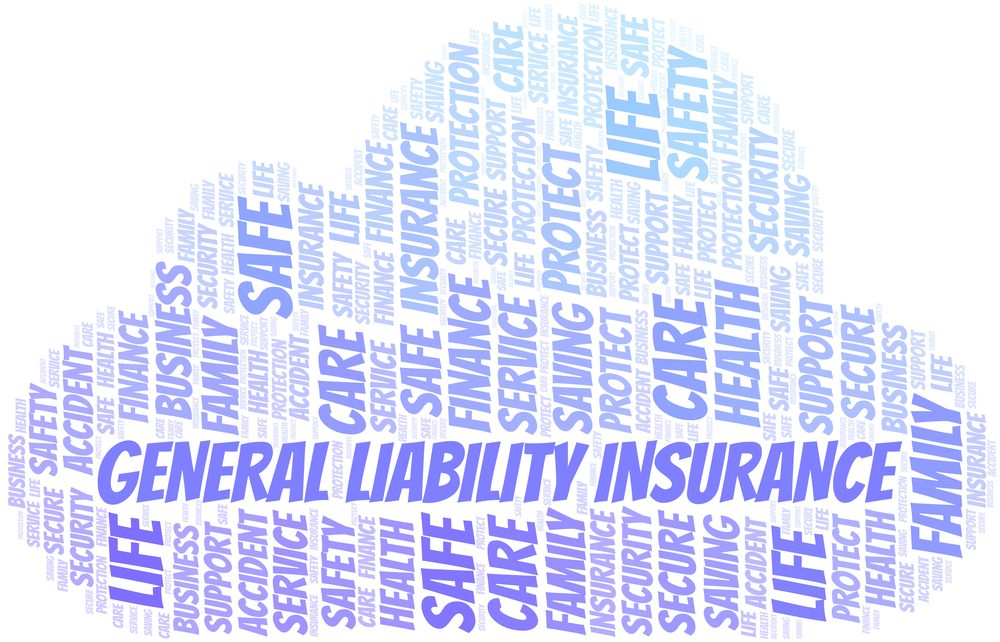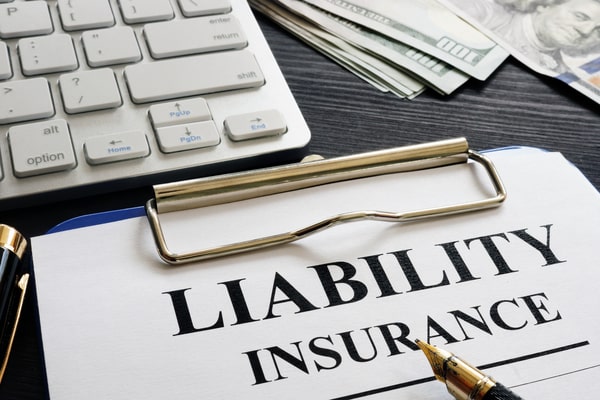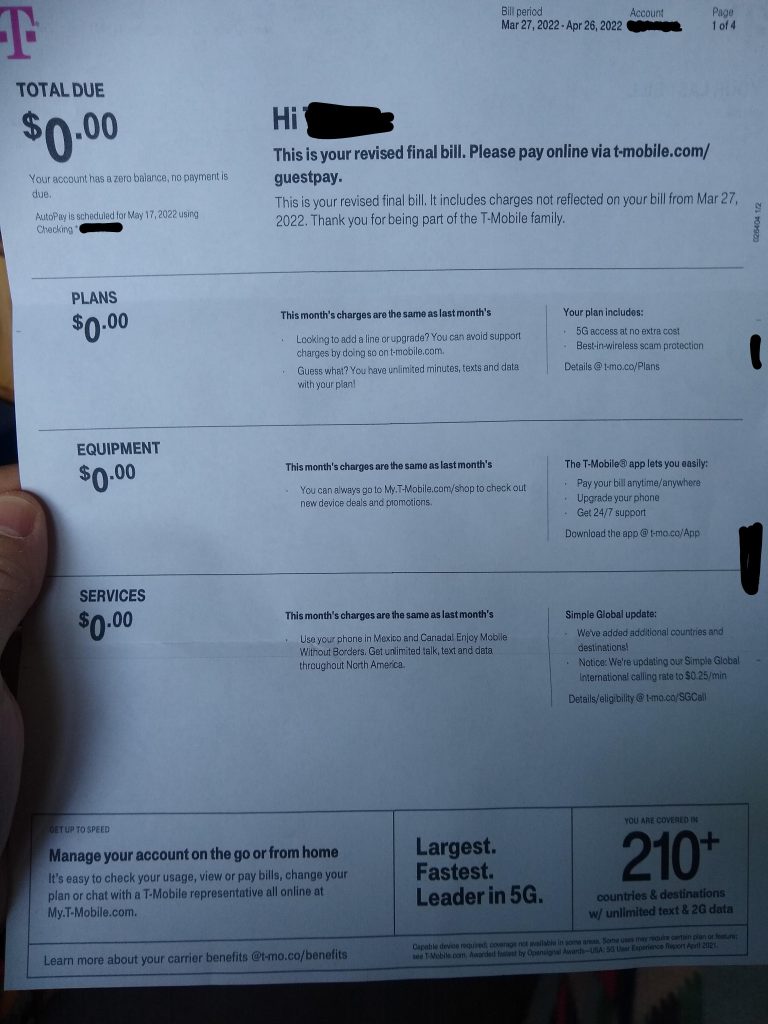Workers’ comp and general liability insurance are two essential types of coverage for businesses, both large and small. While they often get grouped together, understanding their distinct purposes is crucial for ensuring your company has the right protection. This article provides a comprehensive look at both, explaining how they work, who needs them, and why they’re vital components of a well-rounded risk management strategy.
Contents
Workers’ Comp Insurance: Safeguarding Your Workforce
What is Workers’ Compensation Insurance?
Workers’ comp insurance is a state-mandated form of coverage that protects employees who are injured or become ill due to work-related activities. It provides benefits to cover medical expenses, lost wages, and disability payments. The specifics of coverage vary by state, but the fundamental purpose remains the same: to support employees during recovery and protect employers from potential lawsuits.
Who Needs Workers’ Compensation Insurance?
Virtually all businesses with employees are required by law to have workers’ compensation insurance. This includes full-time, part-time, and even seasonal workers. The specific number of employees that trigger the requirement can differ depending on the state.
Benefits of Workers’ Compensation Insurance
- Medical Care: Covers medical expenses related to the work injury or illness.
- Wage Replacement: Provides partial income replacement for workers who are unable to work.
- Disability Benefits: Offers payments to employees who suffer permanent disabilities.
- Death Benefits: Provides financial support to the families of employees who die due to work-related causes.
- Legal Protection: Shields employers from lawsuits related to workplace injuries.
Cost of Workers’ Compensation Insurance
The cost of workers’ compensation insurance varies based on several factors, including:
- Industry: Higher-risk industries generally pay higher premiums.
- Payroll: The total amount of wages paid to employees impacts the cost.
- Claims History: Businesses with a history of claims may face higher rates.
- State Regulations: Each state has its own rules and rates for workers’ comp.
General Liability Insurance: Protecting Your Business Assets
What is General Liability Insurance?
General liability insurance protects your business from claims of bodily injury, property damage, personal injury, and advertising injury that occur on your premises or as a result of your operations. It helps cover the costs of legal defense, settlements, or judgments against your company.
Who Needs General Liability Insurance?
General liability insurance is recommended for almost any type of business, regardless of industry or size. It is particularly important for businesses that interact with the public, have clients on their premises, or provide services off-site.
What Does General Liability Insurance Cover?
- Bodily Injury: Covers medical expenses and legal costs if someone is injured on your property or due to your operations.
- Property Damage: Pays for repairs or replacements if your business damages someone else’s property.
- Personal Injury: Protects against claims of libel, slander, false arrest, or invasion of privacy.
- Advertising Injury: Covers claims of copyright infringement, defamation, or misappropriation of advertising ideas.
Cost of General Liability Insurance
The cost of general liability insurance depends on factors like:
- Type of Business: Certain industries carry higher risks, leading to higher premiums.
- Revenue: Businesses with higher revenues generally have higher limits of liability, resulting in higher costs.
- Location: Insurance rates can vary based on your business’s location.
- Claims History: Businesses with a history of claims may see increased rates.
The Interplay of Workers’ Comp and General Liability Insurance
While workers’ comp and general liability insurance are distinct types of coverage, they often work hand-in-hand to provide comprehensive protection for your business. For example, if an employee is injured due to faulty equipment at your workplace:
- Workers’ comp insurance would cover the employee’s medical expenses and lost wages.
- General liability insurance would protect your business if the injured employee (or a third party) sues for negligence or product liability.
Ensuring Adequate Coverage for Your Business
To make sure your business has the right insurance coverage, it’s important to consult with an insurance professional who can assess your specific needs and risks. They can help you determine the appropriate limits of liability and types of coverage required to protect your business and your employees.
Key Takeaways:
- Workers’ Comp: Protects employees from work-related injuries and illnesses.
- General Liability: Protects your business from third-party claims of injury or damage.
- Combined Coverage: These policies work together to offer a comprehensive risk management solution.
- Consult a Professional: Ensure you have the right insurance coverage for your specific needs.
By having the right combination of workers’ comp and general liability insurance, you can protect your business, your employees, and your peace of mind.






